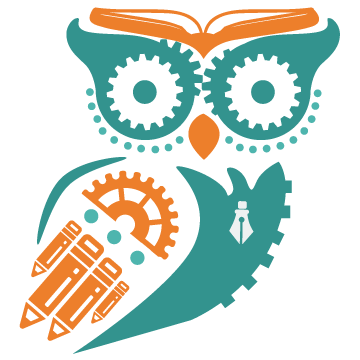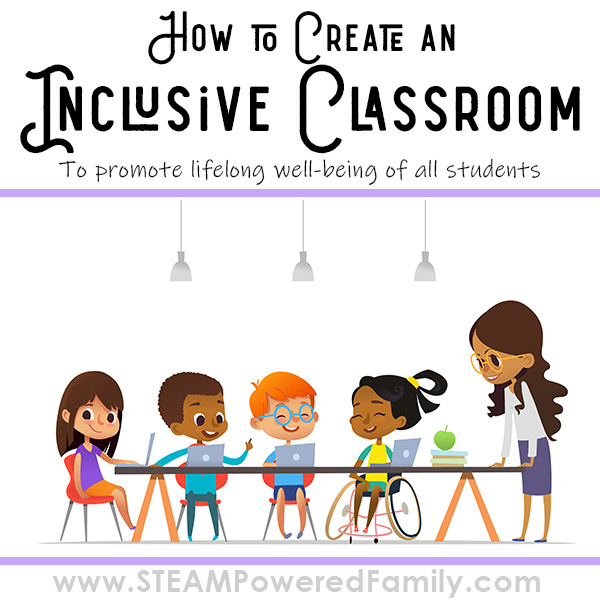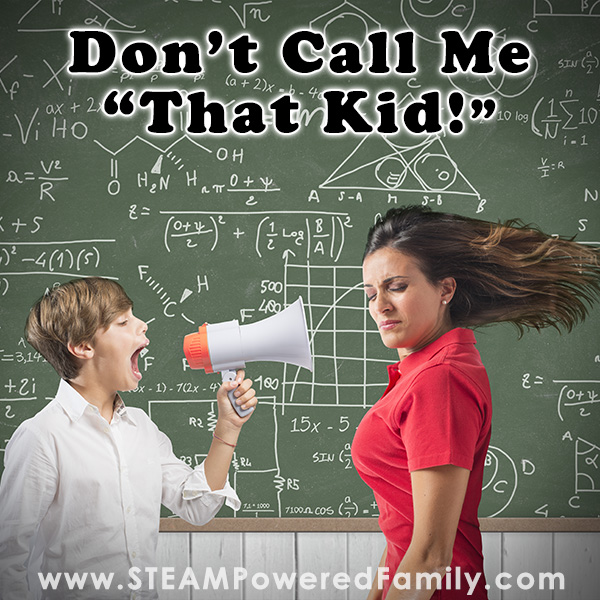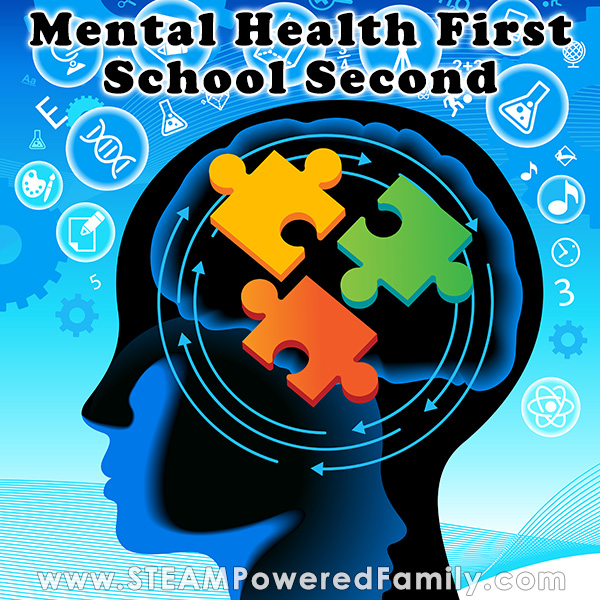What are Adverse Childhood Experiences – ACEs?
Adverse childhood experiences or ACEs are the types of childhood trauma that result in toxic stress that can impact young people over their entire life unless proper support, treatment and care is provided. It’s so important for educators to be aware of the effect ACEs can have not only on academic performance in the classroom, but also on the health and well-being of students.
ADVERSE CHILDHOOD EXPERIENCES (ACES) AND THE CLASSROOM
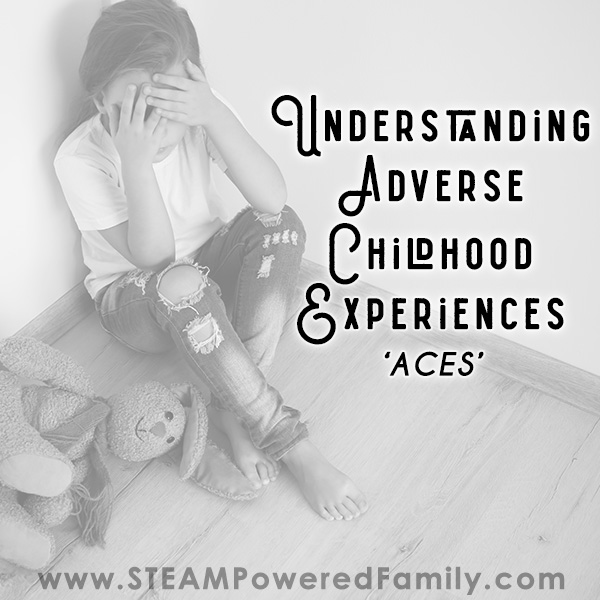
Disclaimer: This article may contain commission or affiliate links. As an Amazon Influencer I earn from qualifying purchases.
Not seeing our videos? Turn off any adblockers to ensure our video feed can be seen. Or visit our YouTube channel to see if the video has been uploaded there. We are slowly uploading our archives. Thanks!
Types of ACEs
Adverse childhood experiences are typically divided into two categories, personal trauma and familial trauma. Personal trauma is related to personal experiences of the child such as abuse (physical, sexual, verbal, physical neglect, and emotional neglect) or it could be a traumatic medical experience. Familial is related to a child witnessing trauma experienced by a family member or loved one. These traumas include alcoholism, incarceration, domestic violence, mental illness, death, divorce, or abandonment. Because of the impact on the family unit with these experiences, most ACEs involving family members impact the child as well.
Learn more about the epidemic of Childhood Trauma from this study.
How do ACEs impact children?
Adverse childhood experiences have an immediate impact on student learning, mental health, and even physical health and well-being. Many children also experience multiple ACEs. When students are undergoing abuse, neglect, or trauma related to family, the effects can be risky health behaviors (i.e. drugs, alcohol), chronic health conditions (both mental and physical), lack of life opportunities (as in education, career), and even early death. These effects can manifest in long term problems that continue into adulthood.
What can you do about ACEs?
Adverse childhood experiences are a part of every classroom, whether we realize it or not. It’s important that educators are aware of what ACEs are, and how to help children that are impacted by these types of trauma.
One of the biggest things everyone needs to understand, is that the presence of ACEs does not immediately mean a child is abused. Trauma resulting in toxic stress could be caused by much needed medical interventions. Witnessing a devastating event, such as a natural disaster, accident or community violence. Loss of a loved one through adoption, foster care, divorce or death. There are many types of trauma that contribute to ACEs. It is important that we don’t immediately jump to the conclusion that a child is being abused.
What can we do for children who are affected by ACEs?
Mental Health First, School Second
Teachers can help by advocating mental health first in their classrooms. Having conversations with students about their lives outside of academics and school can build trust and strong teacher-student relationships.
Do not assume behavior problems equal bad kids. Having adverse childhood experiences as part of their stories can make a child behave in inappropriate or outlandish ways. This does not mean they are a “bad kid” that you should give up on. In fact, these are the children that need you the most. They may not share their whole story right away, but by having conversations and gifting your time, trust can be built.
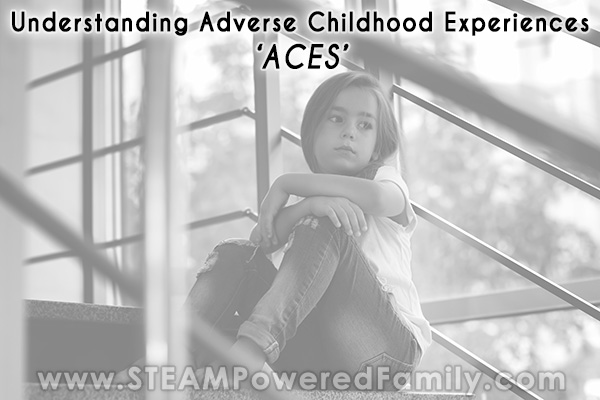
When To Seek Additional Help And/Or Report
Depending on where you live, educators may be required by law to report any suspected abuse of a child. Regardless of your local laws, as educators our goal is to do what we can to help and protect children. This is an important practice for those outside the classroom as well. Calling your school social worker or counseling department is a great place to start getting help. Or you can reach out to your local government services for assistance.
It’s possible that your suspicion is unfounded. It’s also possible that the child could have an adverse childhood experience that could be threatening their health, well-being, and even their life.
Family Education and Resources
Utilize your school resources and community resources. Compile a list that can help parents become advocates for their own children. Remember, not all ACEs are results of parental or guardian abuse or neglect.
The topic of adverse childhood experiences probably wasn’t addressed in your college courses or parenting books, but it’s definitely a reality for so many children and adults. The impact of childhood trauma can be felt throughout a lifetime. Knowing what ACEs are, and how to help, is the first step in addressing the health and well-being of young people in your homes and classrooms.
More Resources on Adverse Childhood Experiences


